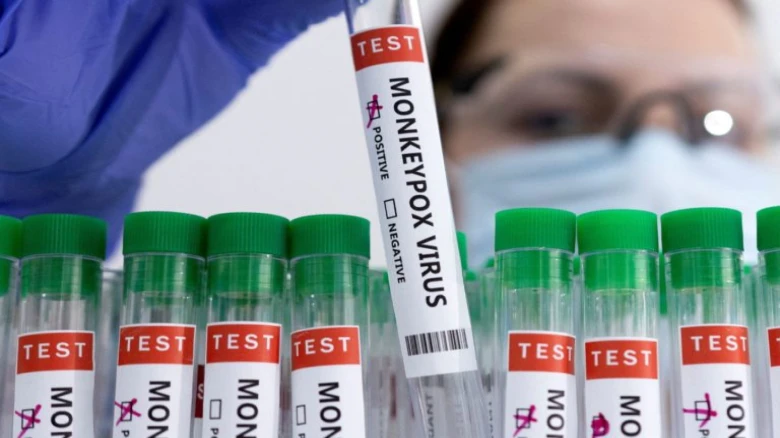With 3,417 confirmed cases of monkeypox recorded in 58 nations and the pace of growth of cases increasing week by week across several continents, monkeypox is spreading over the world through local community transmission.
Digital Desk: The Monkeypox outbreak has been declared a Public Health Emergency of Global Concern by a group of scientists formed to combat the COVID-19 threat.
The news comes days after the head of the World Health Organization (WHO) announced that the International Health Regulations Emergency Committee has been convened due to the spread of the Monkeypox virus to at least 32 non-endemic countries.
The experts will gather on June 23 to determine if the ongoing outbreak is a Public Health Emergency of International Concern, the highest level of global alert, which presently only applies to the COVID-19 pandemic and polio.
The World Health Network (WHN) has declared monkeypox a public emergency, indicating that this outbreak is not contained to a single nation or region and that quick action is needed to stop community transmission, according to news agency ANI.
"The World Health Network declares the monkeypox outbreak a Public Health Emergency of Global Concern," the World Health Network said. "By declaring this outbreak a Public Health Emergency of Global Concern, the World Health Network indicates that this outbreak is not contained to a single country or region and should be addressed by immediate actions taken wherever community transmission is occurring in order to ensure that the least amount of effort is required and the least impact is suffered due to this outbreak."
With 3,417 confirmed cases of monkeypox recorded in 58 nations and the pace of growth of cases increasing week by week across several continents, monkeypox is spreading over the world through local community transmission.
"Monkeypox has just been deemed a pandemic emergency by the World Health Network (@TheWHN). Will the World Health Organization (WHO) declare #monkeypox a *Public Health Emergency of International Concern* (PHEIC)? and health economist Eric Feigl-Ding" said.
These are the historically recorded symptoms of monkeypox, including excruciating pain, scarring, blindness, and death.
The more severe effects of monkeypox on children, who have so far escaped this outbreak but are likely to contract it more frequently as local transmission spreads,
The threat of transmission to wildlife, including rodents like mice, rats, squirrels, and domestic pets, would become a reservoir that would grow throughout the world, increasing the risk of human infection and necessitating modifications to daily life in order to avoid exposure in many contexts.
Actions are required, according to the World Health Network, to stop the public from learning too much about the signs and symptoms of monkeypox.
Additionally, efforts are required to ensure that testing is widely accessible and unrestricted by factors like travel, known contact with infected people, or participation in particular high-risk communities.

Leave A Comment